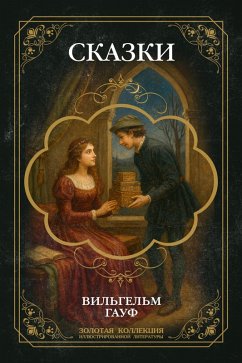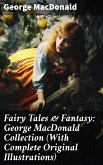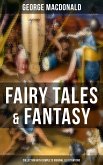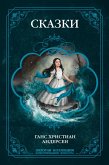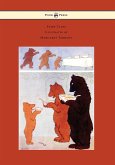Wilhelm Hauff was a German writer and poet of the Romantic era, the author of famous fairy tales that remain among the treasures of world literature. He was born on November 29, 1802, in Stuttgart to a civil servant. Having lost his father early, he was raised by his mother. Hauff's childhood was spent in the shadow of books: he read extensively and early demonstrated literary talent. He attended the University of Tübingen, where he studied theology and philosophy. During his student years, he became fascinated with literature and began to explore poetry and prose. After graduating, Hauff worked as a tutor for the aristocratic family of Baron von Hügel, and it was during this period that he created his fairy tales, inspired by Eastern motifs and German folk traditions. In 1826, he published his first collection of fairy tales (Märchen-Almanach), which included such stories as "Dwarf Nose," "Little Muck," "The Stork Caliph," and others. These tales immediately brought him fame. He was able to combine fantasy with subtle satire, poetry with irony, creating vivid and memorable images. In addition to fairy tales, Hauff wrote novels and short stories. Among his most famous works are "The Story of the Braggart Colonel" and "Lichtenstein," a historical novel set during the reign of Duke Ulrich of Württemberg. His work became an important part of German Romanticism: he skillfully combined adventure with profound social and philosophical themes. Hauff's life was short. He died on November 18, 1827, at the age of just twenty-four, of typhus, but left behind a vibrant literary legacy. His tales are still read all over the world today; they have been translated into many languages ¿¿and have become part of the cultural memory of Europe.
Dieser Download kann aus rechtlichen Gründen nur mit Rechnungsadresse in A, B, BG, CY, CZ, D, DK, EW, E, FIN, F, GR, H, IRL, I, LT, L, LR, M, NL, PL, P, R, S, SLO, SK ausgeliefert werden.

